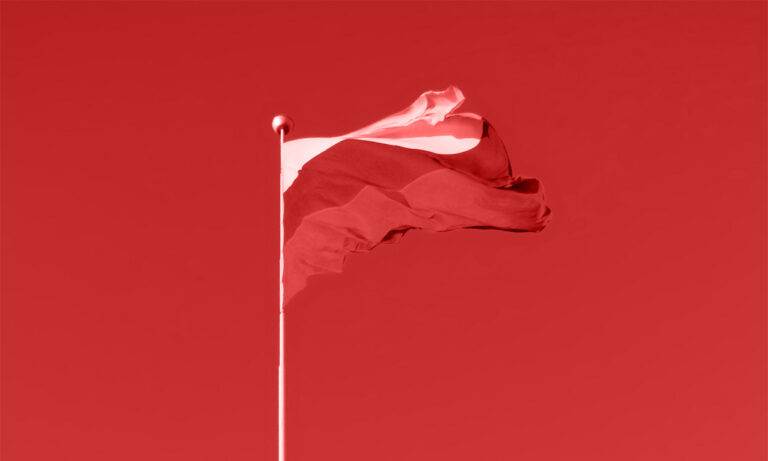What is the Wagner Group? And how has its recent attempted military coup impacted Putin’s power?
On 23 June 2023, reports began to circulate that the Russian mercenary army Wagner Group was plotting to initiate an armed uprising against the Russian military. It was alleged that Yevgeny Prigozhin, leader of Wagner, had accused the Russian military of launching a missile attack on Wagner troops. In turn, the Kremlin accused Prigozhin of inciting a mutiny.
Further claims were then made that Russia had begun upscaling security around a number of important government buildings while Prigozhin stated that he had a militant army of over 25,000 soldiers ready to march on the Kremlin and deliver “justice,” as reported by the BBC.
Within the next following 24 hours, a series of events unfolded, characterized by heightened aggression, alleged attacks, the advancement of Wagner troops towards Moscow, and all of sudden, an abrupt declaration of a ceasefire.
The BBC reported that leader Prigozhin put out a voice note on his Telegram channel saying that he agreed to “stop” the movement of his troops, who at that point had been advancing on the Russian capital.
So, how was an agreement reached? And more importantly, what exactly is the Wagner Group?
Let’s start at the beginning, because I think we all know that this is about to get insanely complicated. The Wagner Group is technically a private army that was created to further Russia’s military goals, while still providing the government with an extensive level of plausible deniability regarding any of the force’s actions.
According to Vox, head honcho Prigozhin has long been an associate of President Vladimir Putin, although he’s never been considered one of the country’s political elites. Nevertheless, Wagner has played an integral role in much of Russia’s campaign in Ukraine—including helping Russian forces to capture a number of Eastern Ukraine cities, battles that involved the loss of countless lives.
Moreover, the Wagner Group have been accused of some of the most horrific human rights violations to date, drawing international condemnation for the brutality of their actions in Mali. As stated by the Centre for Strategic and International Studies (CSIS), in 2022, Wagner were denounced for staging evidence of French atrocities near an army base in Gossi, in northern Mali. Drone footage showed Wagner troops arriving at the base and arranging corpses in shallow mass graves to falsify evidence of mass killings by French forces.
Since Wagner arrived in the West African country in 2021 violence against civilians has dramatically increased. In one instance, the mercenary group massacred more than 300 civilians in the central Malian town of Moura during a five-day siege.
This horrifying event aside, the US Department of the Treasury has also sanctioned the Wagner Group as a transnational criminal organisation and has stated that Wagner Group personnel have perpetrated numerous instances of human rights abuses against civilians in the Central African Republic (CAR), including mass summary executions, rape, arbitrary detention, torture, and displacement of civilians.
Why did the Wager Group turn against Putin?
While Wagner has been instrumental to Putin during his extensive reign of terror against neighbouring Ukraine, in recent months the mercenary group has grown tired of Russia’s poor planning and alleged lack of support for Wagner troops.
This isn’t the first time we’ve seen mercenary private armies fighting back against government militaries and personnel. It was only April when we witnessed serious conflict break out in Sudan between the Sudanese army and the paramilitary Rapid Support Forces (RSF).
How were the Wagner Group and Putin able to reach an agreement?
According to the ongoing live updates from the BBC, Prigozhin was able to reach an agreement not by communicating with the Russian government, but by speaking with the leader of Belarus Alexander Lukashenko. And, after the Wagner Group agreed to roll back their forces and halt the march to Moscow, Prigozhin resigned himself to exile in Belarus and all the Wagner soldiers who took part in the uprising were offered positions within the official Russian military.
How has the recent attempted coup impacted Putin’s control in Russia?
Undoubtedly, these recent events have put Putin’s stability as a leader into question. Understandably one of the first individuals to comment on the situation was Ukraine’s president Volodymyr Zelensky who stated: “Today is a day when there definitely should be no silence. And we definitely need leadership. Today the world saw that the bosses of Russia do not control anything. Nothing at all. Complete chaos. Complete absence of any predictability. And it is happening on Russian territory, which is fully loaded with weapons.”
The leader continued: “The man from the Kremlin is obviously very afraid and probably hiding somewhere, not showing himself. I am sure that he is no longer in Moscow.”
Given Putin’s history of responding firmly to any perceived threats to his power, it is highly improbable that he would react leniently to any attempt to challenge or undermine him. Similarly, it is unlikely that Prigozhin, known for his assertiveness, would readily capitulate or surrender. In spite of any and all international criticism, Putin’s position as a leader has never truly been considered something that can be dissolved. However, these recent events may prove to be the first domino in the Russian President’s inevitable downfall.






